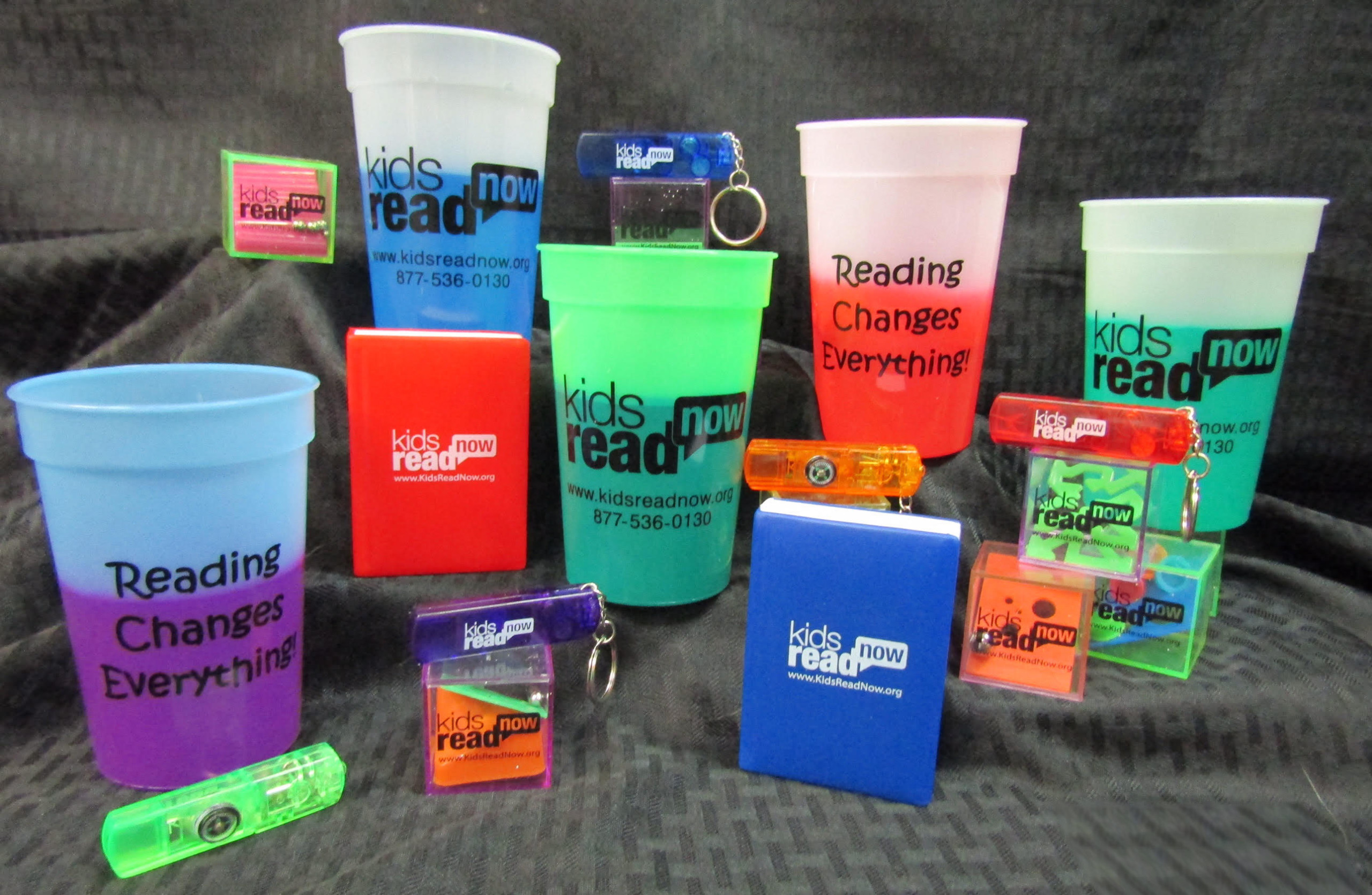Motivating students is complicated. School staff knows what is required of the students by the state. The challenge has been to find a way to get the class to not only see that goal but to instill a desire to achieve it.
A healthy debate has existed for years whether or not rewarding student achievement is the right mechanism for this task. This means of motivation does work (as shown in a study by Robert Fryer, Jr.), but it is important that faculty use it properly.
Not all positive reinforcement is beneficial to students. Reinforcement generally falls into two categories: planned and unplanned. Planned motivation–offering a reward for performing certain tasks–can help students develop good habits over the years. It is the unplanned motivation, bribing a student to get them to perform, that ultimately harms students in the long run. There are distinct differences between the two.
- Rewards can establish a better path – Laying out a system of rewards can encourage students to take actions in a direction that benefit them in the long run. The behavior they learn when they are bribed that if they behave poorly enough, they can get what they want.
- Rewards are long term fixes; bribes are short term solutions – Bribes may get a student to perform in the way you want them to at that moment, but it is a temporary patch. Offering students a reward to achieve a goal requires effort on their part. That effort can be a lesson in itself.
- Rewards empower the faculty; bribes empower the students – Developing a reward system requires planning on the part of the staff. The students understand the parameters to earn the reward, so they know the goal in advance. Offering a bribe enables the student to establish a price for their good behavior. If a teacher wants to keep the class in order, they will have to pay it, giving the students control in school.
- Rewards build a relationship, bribes undermine it – When students know they can get the upper hand, they can use it to their advantage. They can get what they want by complaining about it, not working for it. Offering rewards to students encourage better behavior since no amount of carrying on will get them the prize.
- Reward elements students have control over – The prevailing wisdom is that offering incentives for test grades will increase student performance. Evidence gathered at Harvard suggests otherwise. By incentivizing students to read books, study math, and behave in class, they discovered the building blocks to better test scores. The improvements came from there.
This trail of breadcrumbs, filled with more books, more experiences, and more education about the joy of learning, can turn students focused on trudging from test to test to ones that understand the journey. Bribing students to prevent bad behaviors teaches them the wrong lesson. It shows them that they can get an advantage by using the right leverage, not by working for it. A system of planned rewards makes the complication of motivating students into a learning mindset easier to do.

